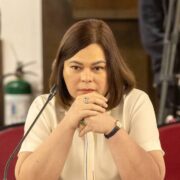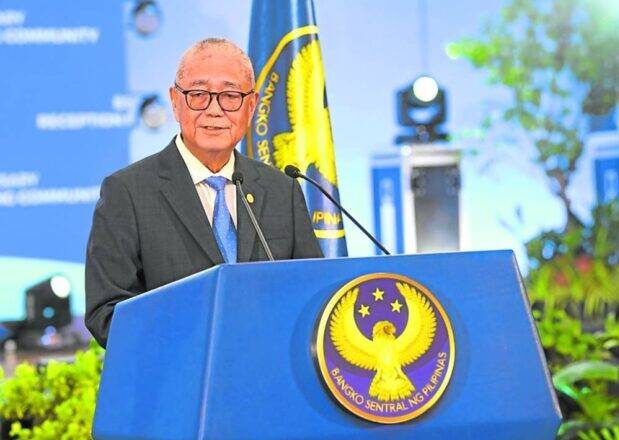Banking runs deep in Favilas’ veins
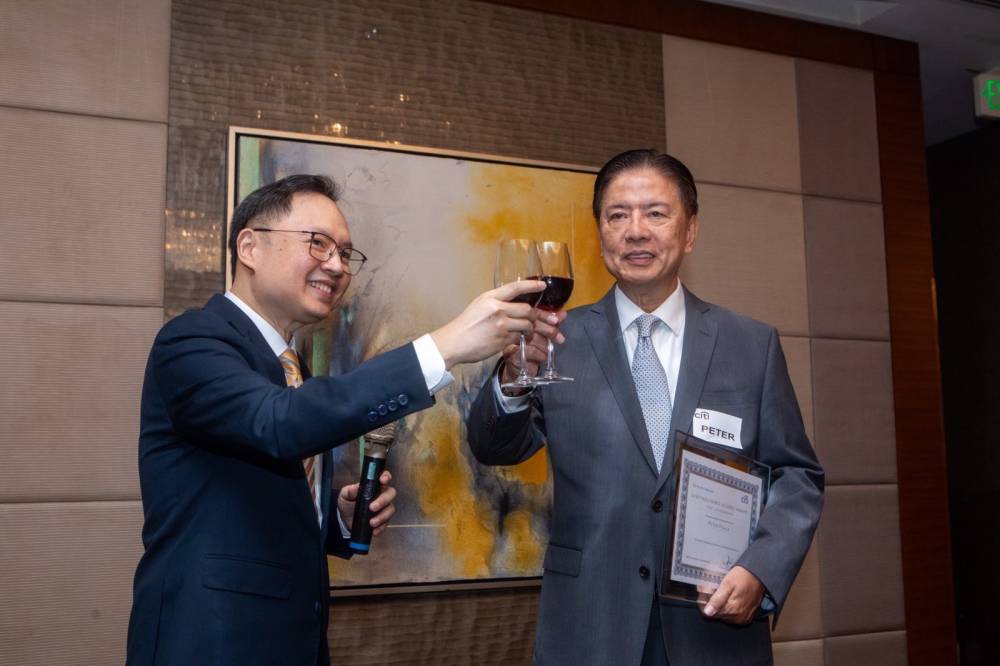
Growing up, the banking profession was far from the mind of Paul Favila, CEO and country head of Citi in the Philippines, even though he was raised by parents who were both bankers.
Instead, he wanted to be a doctor and was dead-set on becoming one.
His parents indeed never pressured him to follow in their footsteps.
Nonetheless, being the son of a banker as successful as Peter Favila—who continued to achieve more as a a policymaker and regulator after retiring from banking—still carried high expectations.
“I think it was clear that I had big shoes to fill. Maybe that is why I didn’t want to enter banking in the first place. I had to make him proud and ensure that I did not in any way tarnish the good name that he has built,” Paul says in an interview with the Inquirer.
His initial plan to seek a different path as a doctor didn’t materialize. An uncle, a doctor in the United States, caused him to rethink his choice of career.
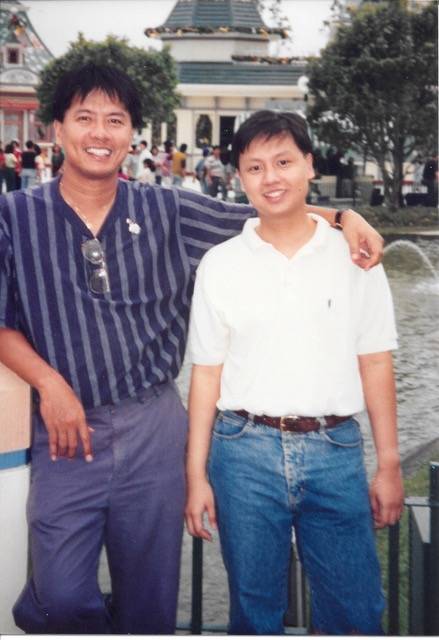
“I was staying with him one summer in high school when I observed him getting out of the house at ungodly hours. I had to ask myself if that was the kind of life I was willing to pursue. At that point I had a major change of heart,” he shares.
Little did he know then that he would also need to be up during ungodly hours as a banker.
At the Ateneo de Manila University, he studied brand management but after graduating and sending out job applications in 1993, he realized this wasn’t something he’d like to do for the rest of his life, so he turned down job offers and started sending his resume to banks.
It was then that he reckoned that there’s no escaping his fate.
Banking, after all, is in his DNA.
So he decided to build his own brand as a Filipino banker working at a global bank operating in the Philippines.
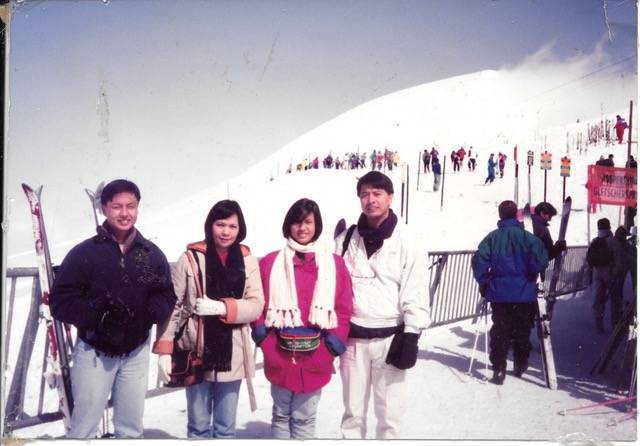
He joined Citibank fresh out of school, thrived in its dealing room — like his father, a Citi alumnus, who had been a money market trader at the banking giant in the 1960s.
Paul joined Citi as assistant portfolio manager for Citibank Global Asset Management. He then assumed various roles ranging from fixed income sales, equity derivatives sales and structuring, as well as foreign exchange and local markets trading.
He was part of the first cohort of the Citibank Asian Tiger Program, during which he spent time in the Singapore hub and Malaysia dealing rooms, before heading back to Manila to assume leadership of the trading business, which he ran for 10 years up to 2014.
Rising from the ranks, Paul became head of markets, in charge of Citi’s foreign exchange, rates, commodities and structured solutions businesses in the Philippines, and country treasurer. He was also responsible for the securities services business up until 2021.
He likewise held prominent positions in various industry bodies and associations such as the Banker’s Association of the Philippines and the Money Market Association of the Philippines, where he has contributed significantly to efforts in developing the local markets.
When Paul was appointed as Citi country CEO in March 2023 (after an arduous global selection process), it’s a big win for Filipinos.
It was the first time in 35 years since the American banking giant has had a homegrown head, the last being the late Rafael Buenaventura, who went on to become Governor of the Bangko Sentral ng Pilipinas.
Furthermore, the country head role of Citi has expanded significantly over the years and Favila is the first Filipino CEO to oversee the institutional businesses as well as the growing service center operations.
Peter, the “Fabulous”
The elder Favila had veered into banking to help his parents cover educational expenses in the family.
“While doing my university studies, I wanted to help my parents with educational expenses in the family. I applied and got accepted to work as a clerk in a local bank,” Peter recalls.
In 1967, he was a foreign clerk and money market trader at Citibank. But his first job was as a messenger, clearing clerk and bookkeeper at the now defunct Merchants Banking Corp.
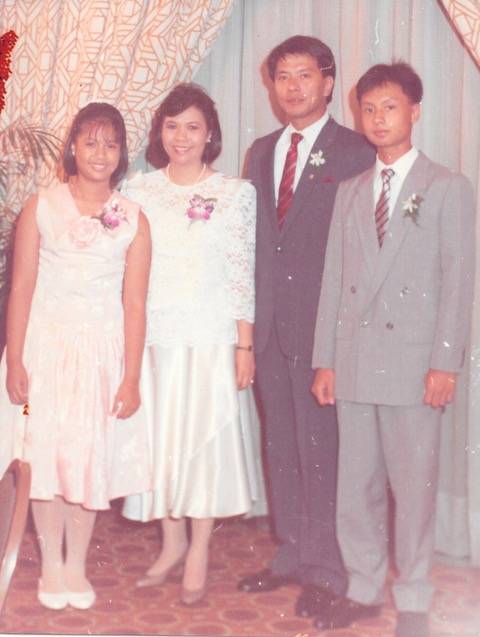
He graduated with a banking and finance degree from the University of Sto. Tomas and later on took the Advanced Management Program at Wharton School of Finance.
Favila was director of treasury at Exchange Capital Corp., an affiliate of Jardine Fleming of Hong Kong. From 1974 to 1980, he worked as senior vice president at Metropolitan Bank & Trust Co.
During his banking career, he became president of three major banks in the country — Security Bank, Philippine National Bank (PNB) and Allied Bank. Charming and personable, media people called him Peter “Fabulous”, a word play on his surname.
As head of PNB, he was one of the youngest bank presidents in the country at that time.
But his career didn’t end in banking.
He was elected chair of the Philippine Stock Exchange (PSE) in March 2005 but had to step down after four months as he was enlisted by then President Gloria Macapagal-Arroyo to join her Cabinet. He served as trade and industry secretary from 2005 to 2010.
He also served as member of the Monetary Board, the highest policy-making body of the Bangko Sentral, for two terms. After the end of his last term, he rejoined the PSE as independent director in August 2023.
In a way, he has remained active in the capital markets long after his retirement from banking and policy-making.
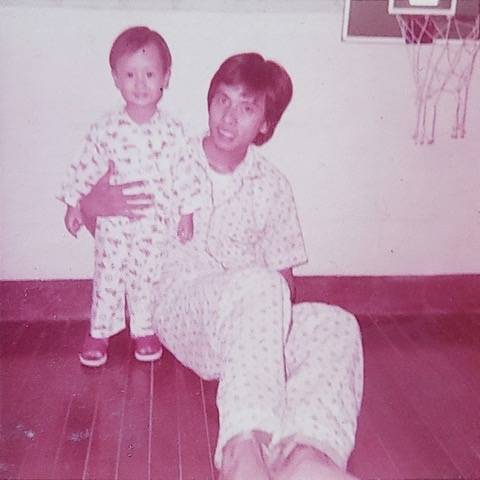
Like father, like son
Paul remembers his dad being very “strict” when he was growing up.
“He was a disciplinarian who inculcated traditional values, which I am thankful for. He was the one who showed me the value of hard work and living within your means,” Paul says.
In a separate interview, Peter describes Paul as a “very respectful son, mindful of feelings and opinions of people he relates with; a very responsible and dependable person.”
Peter did not quite expect Paul to become a banker like him.
“All along, I thought he’d like to be an entrepreneur,” Peter says.
But now that Paul has chosen this path — and has undoubtedly excelled in the field — Peter says he’s “not just happy, but extremely proud” of how his son turned out to be.
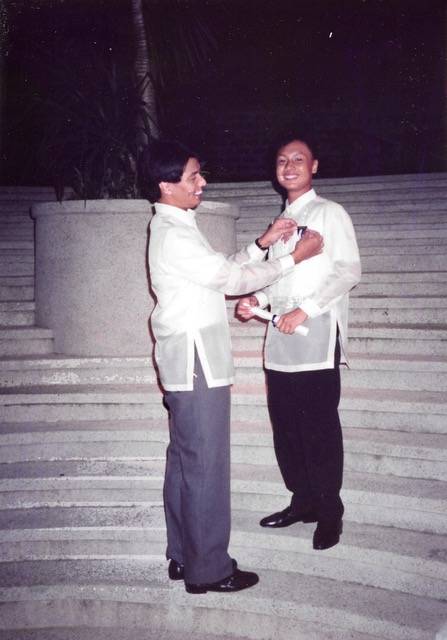
Paul is “a true role model for a well-respected banker.”
To some extent, Peter sees a bit of himself in Paul when he was younger, citing the latter’s being “opinionated” and “purpose-driven.”
“I think we are both passionate about what we set out for ourselves to do. We both want to put in 1,000 percent and bring about the best possible outcomes,” Paul says.
How about the differences? Paul says, “I am welcoming and accepting of the digital era. He remains quite skeptical, though open. This is a generational divide.”
“What matters is that we both are very much aligned in ensuring that everything is done for the public good and that the interests of those in the margins of society are never forgotten,” Paul adds.
Having a mentor within the family has, of course, given Paul good guidance in this profession, even as he has risen based on his own merits.
From his dad, among the key values that Paul has inherited is upholding the responsibility of a banker as a holder of public trust.
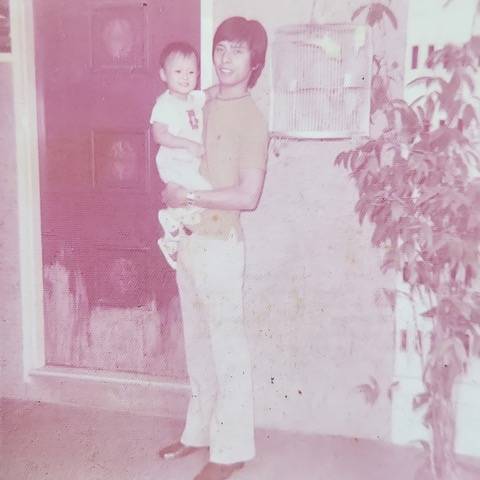
“At its very core, we, bankers have an obligation to protect the interests of our clients especially our depositors. It sounds very basic and yet, we have seen many instances in history where this basic principle has been forgotten. The very concept by which the banking system works is based on trust,” Paul says.
Another key value that his dad has ingrained in him is respect for people.
“I have always been in awe with my father’s ability to connect with people from all walks of life. And I saw the impact he has on people especially those who worked for him. That has always kept me very grounded,” he adds.
Profession as a legacy
For Peter, earning public trust and confidence is not a burden on his shoulder. It is exactly what he loves about this profession. Being a people person, it’s something that comes easy for him.
Paul, for his part, loves the banking profession because of its relevance and high impact on the macroeconomy.
“It is an industry that supports all other industries out there. Many think that the business of banking is simple. What many do not appreciate is that banking is all about managing risk so that clients can focus on their core competencies,” Paul says.
“Because of what we do, our clients are able to build and grow businesses, companies, entire new industries. Banking is also an industry that continues to evolve and that keeps the profession exciting, if not challenging,” he adds.
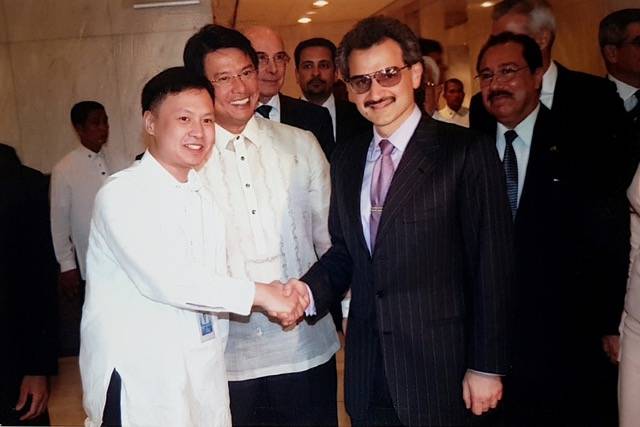
Like his own dad, Paul has generally allowed his children to determine their own passions without his influence.
“Interestingly, I have one who is now exploring banking for himself. To prove that I have not actively influenced him towards any direction, I only found out that he has accepted a job on the day that he actually signed up,” he says.
When he assumed office as Citibank country chief in 2023, Paul shared to the media his dream for the Philippines to become a regional financial center.
One year into the job, this is still something that he would like to see in his lifetime, and one he would like to contribute to attain.
“I want to see the Philippine banking system at par with the rest of the region. There are so many areas of development for our financial system. This is why it has been my career: long crusade to help develop our local markets. I have been at it for more than two decades!”
“Being with a global bank, I can also see how the banking environment is evolving in more developed markets. Regulations are getting more complicated by the minute. At the same time, there is a big need to drive more efficiency within banks. Capital is expensive and thus, there is a need to drive more efficient use of capital. All these are not easy tasks and will shape the banking landscape of the future. There is much more to be done and I would want to be part of that.”
Does Paul, currently 52 years old, see himself joining public service like his dad, Peter, someday?
“I do not look that far into the future and all I can say is that I do not see it… yet,” Paul says. But he adds, “One thing I have learned over my career is huwag kang magsasalita ng patapos, which roughly means, never say never.”












